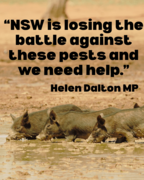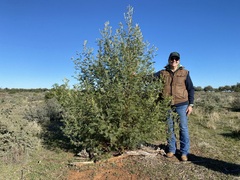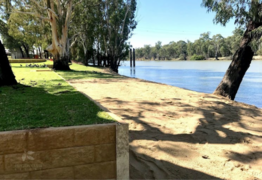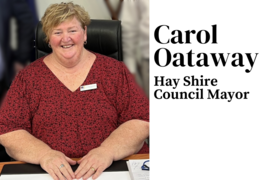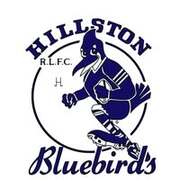When the Bills Don't Get Paid: Council Faces Difficult Property Auction
Kimberly Grabham
15 June 2025, 8:00 PM

Ruth McRae OAM has been in local government long enough to know that some decisions weigh heavier than others.
As Mayor of Murrumbidgee Council, she's had to make plenty of tough calls, but few sit as uncomfortably as the one announced this week.
Come 16 September, the council will hold a public auction at their Jerilderie office, selling off properties whose owners haven't paid their rates and charges.
It's the kind of decision that keeps mayors awake at night, but one that McRae says the council simply can't avoid any longer.
"We strongly encourage anyone affected to settle their outstanding balances before the auction date to avoid the sale of their property," she said, her words carrying the weight of someone who understands what losing your land means in rural communities.
The numbers tell their own story.
Around $350,000 in unpaid rates had been hanging over the council's books.
Since word of the auction got out, about $80,000 has come in from property owners who suddenly found ways to settle their accounts.
But $270,000 still remains outstanding, and the council has reached the end of its patience—and its legal obligations to other ratepayers.
The Legal Reality
Under the Local Government Act 1993, councils have the right to sell land when rates remain unpaid for more than a year on vacant blocks, or more than five years on other properties.
It's not a power councils exercise lightly, but it's one they're legally entitled to use when other options have been exhausted.
McRae describes it as "a difficult decision," but emphasises it's one the council must make.
"Unpaid rates and charges are a heavy burden on the council and all ratepayers," she explains.
It's the kind of practical reality that defines local government—when some don't pay, everyone else carries the load.
The auction will be held at 11am on 16 September at the council's Jerilderie office on Jerilderie Street.
It's a modest venue for what could be life-changing transactions, but it reflects the straightforward nature of the process.
No Frills, No Previews
Don't expect glossy brochures or weekend open homes.
This isn't your typical real estate auction.
The council has been clear: no photographs, no descriptions, no additional information about the properties will be available.
Prospective buyers won't even get to inspect what they're bidding on before the hammer falls.
"All properties will be sold sight unseen and prospective buyers must carry out their own due diligence," the council states matter-of-factly.
It's buyer beware in the most literal sense—a reflection of the auction's purpose as debt recovery rather than property marketing.
The approach might seem harsh, but it's designed to be. These aren't investment opportunities being marketed to eager buyers; they're assets being sold to recover money owed to the community.
Community Notification
The council hasn't hidden the process away.
Letters have gone out to anyone with an interest in the affected properties.
Notices will be placed on-site at each property.
The auction details will appear in local newspapers, the NSW Government Gazette, and across all the council's communication channels—website, digital platforms, and social media pages.
It's the kind of comprehensive notification process that ensures nobody can claim they didn't know what was coming. For the property owners involved, those letters and notices represent final warnings—last chances to sort things out before losing their land entirely.
The Human Cost
Behind the legal framework and bureaucratic processes are real people facing the prospect of losing their property.
In rural communities like those across the Murrumbidgee, land often represents more than just an asset—it's heritage, livelihood, and identity rolled into one.
The $80,000 that's already come in since the auction was announced suggests some property owners were perhaps hoping the problem would go away, or that the council wouldn't follow through.
Now they know better.
For those who still haven't paid, time is running out.
September 16 isn't far away, and once that auction starts, the opportunity to settle directly with the council ends.
Properties will go to whoever bids highest, regardless of their original value or what they mean to their current owners.
It's a reminder that in local government, as in life, bills eventually come due.
And when they don't get paid, the consequences can be more serious than anyone wants to contemplate.
The auction details are available on the Murrumbidgee Council website for anyone who needs them—whether they're property owners scrambling to settle their debts, or potential buyers interested in what might be on offer come September.
NEWS
SPORT
RURAL
COMMUNITY
JOBS
VISIT HAY
VISIT BALRANALD
VISIT OUTBACK NSW
EVENTS
FOR SALE
COMMERCIAL PROPERTY




